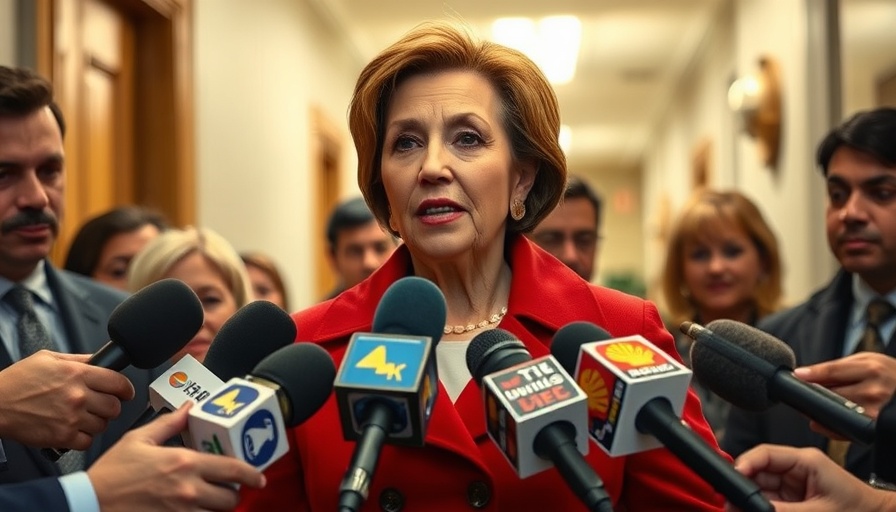
Understanding the Impact of Toxic Work Culture
Today’s work environments often push employees to their limits, leading to high levels of stress and anxiety. Actor Dhyan Sreenivasan has brought attention to this growing concern, emphasizing the pervasive nature of toxic workplace cultures. His insights resonate deeply with those caught in the grind of demanding jobs, where burnout and mental health struggles have become alarmingly common.
The Necessity of Mental Health Awareness
In a recent interview, Dhyan expressed his surprise at how many people found solace in his conversations about mental health. He highlighted a critical issue: many individuals may not fully understand the extent of their stress or the differences between psychology and psychiatry. As a result, the stigma surrounding mental health persists, preventing individuals from seeking the help they desperately need. Awareness is a crucial first step in combating the challenges posed by mental health issues.
Developing Solutions in Mental Health Support
Driven by the feedback he received, Dhyan plans to collaborate with mental health professionals to develop an innovative platform aimed at providing accessible mental health support. Whether through an app or a consultancy service, this initiative aspires to create a safe space for open conversations between individuals and psychologists—addressing the acute shortage of resources available to those struggling.
The Role of Humor in Stress Management
A unique aspect of Dhyan’s approach is his emphasis on the therapeutic power of laughter. He advocates that humor can serve as an effective remedy for daily stressors, enabling individuals to manage their anxiety in healthier ways. By identifying and addressing the pressure points in their lives, people can cultivate resilience against overwhelming stress.
Recognizing and Reducing Interpersonal Stress
Dhyan also tackled the issue of personal stress being redirected towards others, often creating conflict in work situations. He emphasizes the necessity for employees to recognize these patterns, suggesting that cultivating a culture of empathy and understanding can significantly improve workplace relationships. Open dialogue about mental health can foster a more supportive atmosphere and mitigate workplace tensions.
Bridging the Gap in Psychological Support
In his closing remarks, Dhyan underscored the urgency of addressing mental health challenges in society. He encourages initiatives that promote psychological well-being and aims to bridge the gap between mental health awareness and accessible support systems. By fostering empathy and open conversations, workplaces can move towards creating a healthier environment for all employees.
Conclusion: Taking Charge of Mental Health in the Workplace
As Dhyan shows, addressing toxic work cultures and prioritizing mental health is crucial for a balanced, productive life. His upcoming initiatives promise to pave the way for better mental health resources, encouraging employees to seek help rather than suffer in silence. Recognizing and improving one’s mental well-being is a collective responsibility that requires compassion and commitment from both individuals and organizations. If you resonate with these issues or want to support mental well-being in your workplace, take action now by engaging in open conversations, advocating for mental health resources, and prioritizing your emotional health.
 Add Row
Add Row  Add
Add 




Write A Comment